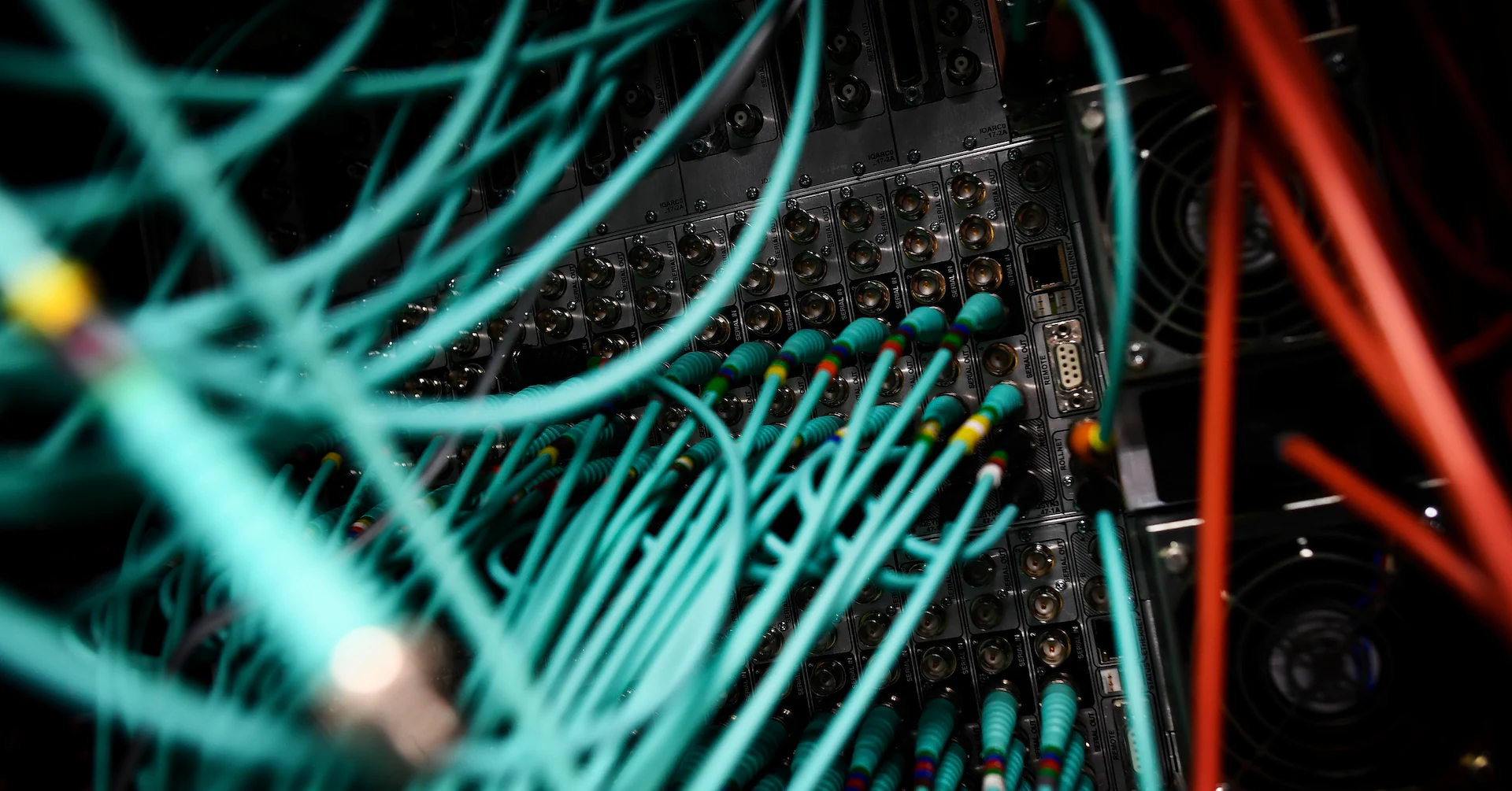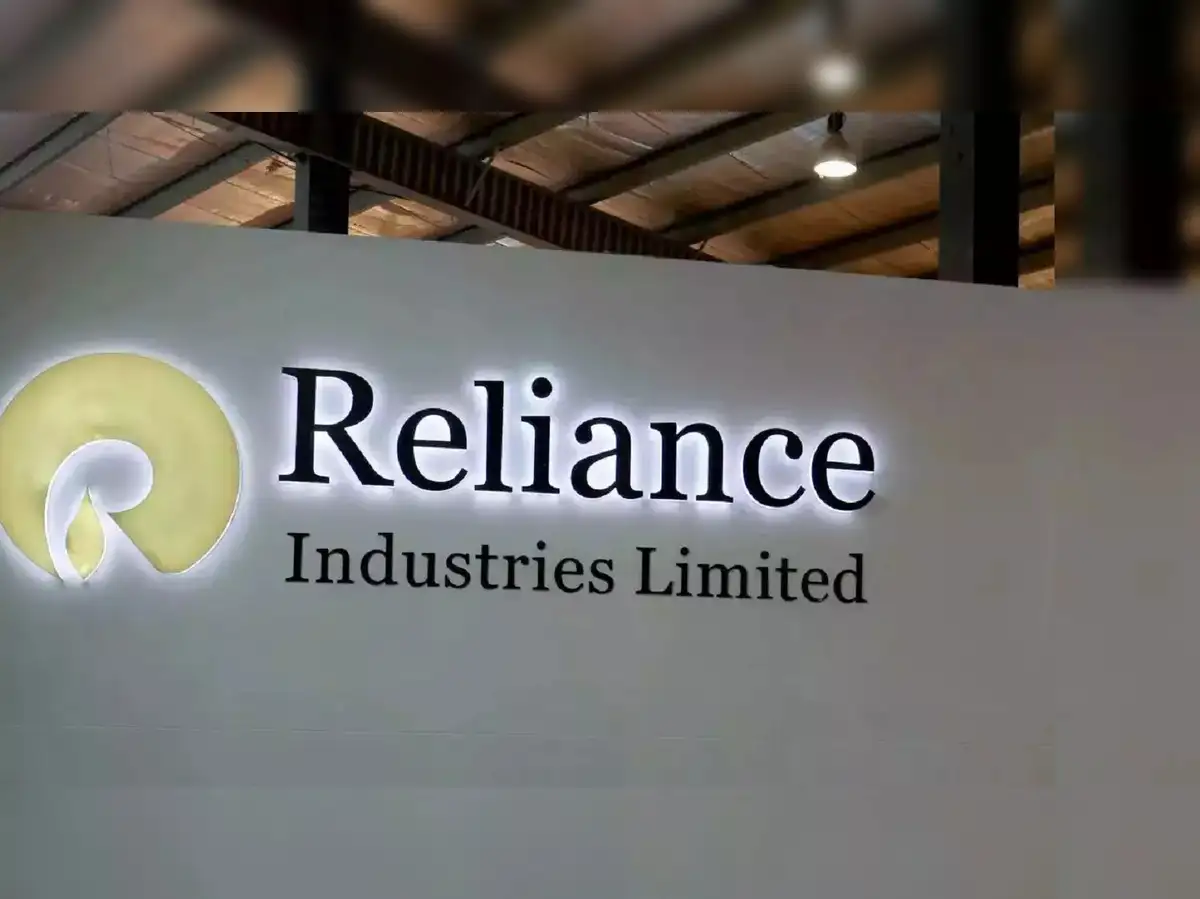Copyright The Boston Globe

ARTIFICIAL INTELLIGENCE OpenAI said Tuesday that it had adopted a new for-profit structure, a long-sought change that could allow the business to operate like a more traditional company while it raises the billions of dollars it needs to develop artificial intelligence. The widely anticipated move was considered one of the keys to the future of OpenAI. It will allow the maker of the popular ChatGPT chatbot to raise new funds like any other company and potentially sets the stage for a blockbuster initial public offering on Wall Street. For more than 18 months, Sam Altman, the high-profile CEO of OpenAI, and his colleagues have been trying to rework OpenAI’s unorthodox structure, which blends a nonprofit with a for-profit company. The announcement Tuesday offers some clarity about how the influential AI company, which was founded 10 years ago, will operate. OpenAI said in a blog post that it had become a public benefit corporation, or PBC, which is a for-profit corporation designed to create public and social good. OpenAI rivals like Anthropic and xAI, which is owned by Elon Musk, use a similar structure. OpenAI said it had completed the restructuring after negotiations with the attorneys general in Delaware, where, like many other companies, it was incorporated, and California, where it has its headquarters. The nonprofit that has controlled OpenAI since it was founded has a roughly $130 billion stake in the company. That makes the nonprofit, now called the OpenAI Foundation, the most valuable foundation in the country. OpenAI said the nonprofit would continue to control the for-profit company, which is called OpenAI Group PBC, through its board. Microsoft, OpenAI’s largest investor, will maintain a stake in the new company worth roughly $135 billion. The nonprofit holds a 26 percent stake in the new company, Microsoft owns a roughly 27 percent stake, and the remaining 47 percent is held by current and former employees and other investors. — NEW YORK TIMES ECONOMY Consumer confidence weakened slightly in October as Americans remain anxious about their future financial prospects. The Conference Board said Tuesday that its consumer confidence index fell by 1 point to 94.6 in October from an upwardly revised September reading of 95.6. Economists were expecting the reading to come in unchanged from the previous month. One year ago, the reading was 109.5. A measure of Americans’ short-term expectations for their income, business conditions and the job market dipped by 2.9 points to 71.5, remaining well below 80, the marker that can signal a recession ahead. However, consumers’ assessments of their current economic situation rose 1.8 points to 129.3. Write-in responses to the survey showed that prices and inflation remained consumers’ biggest concern. Mentions of tariffs declined again this month but remain elevated, the Conference Board said. — ASSOCIATED PRESS PHARMACEUTICAL Eli Lilly & Co. has already produced billions of doses of its next-generation weight-loss pill, anticipating massive global demand ahead of a potential launch next year. “We’ve already made, actually, billions of doses preparing for the launch,” chief executive Dave Ricks said Monday at an event hosted by the Economic Club of Chicago. “That will make this sort of the ‘GLP-1 for all,’ and I think really makes a difference in human health at a global level.” Lilly hasn’t yet submitted the pill, called orforglipron, to US regulators but expects to do so before the end of the year. The drug is part of a new wave of obesity treatments known as GLP-1 receptor agonists, which mimic gut hormones to suppress appetite and improve blood-sugar control. Obesity drugs from Lilly and rival Novo Nordisk A/S have transformed the treatment landscape, but pills are expected to play a crucial role in expanding access. Analysts forecast the market for obesity medicines will reach $95 billion by 2030, with oral versions opening the door to millions more patients. — BLOOMBERG NEWS CURRENCY Fresh off its success in the 2024 elections, the crypto industry is amping up its spending power ahead of the 2026 midterms. A handful of crypto-focused super political action committees are building up a war chest of around $263 million, according to Federal Election Commission filings and public statements. That is nearly double what the largest one, Fairshake, deployed in 2024 and slightly more than what the entire oil and gas industry spent in that cycle, according to data from OpenSecrets. Since the 2024 spending spree, with Republican majorities in both chambers of Congress, lawmakers have passed legislation that the industry championed and confirmed friendly regulators to key posts. The clout was on display again last week when President Trump pardoned crypto exchange Binance’s cofounder Changpeng Zhao, who previously pleaded guilty to violating US anti-money laundering laws and was sentenced to four months in prison during the Biden administration. The legislative victories — and the Trump family’s embrace of crypto — are leading some of the newest super-PACs to split with a previous strategy and line up more firmly behind Republicans in ways that could help the party maintain its hold over Congress. — BLOOMBERG NEWS WALL STREET Microsoft Corp. once again surpassed $4 trillion in valuation, joining artificial intelligence chipmaker Nvidia in the exclusive club that also briefly included Apple on Tuesday. The sky-high valuations highlight the investor frenzy around artificial intelligence. Earlier in the day, OpenAI said it has reorganized its ownership structure and converted its business into a public benefit corporation. It also said has signed a new agreement with Microsoft that gives the software giant a roughly 27 percent stake in OpenAI’s new for-profit corporation. The news gave Microsoft’s shares a boost as the stock closed up 2 percent at $542.07, valuing the technology giant at $4.04 trillion. Microsoft’s valuation previously passed $4 trillion in July, making it the second company after Nvidia to reach the milestone. Apple’s shares, meanwhile, crossed the $4 trillion line earlier Tuesday before closing up slightly at $269 and a total valuation of $3.99 trillion. Thanks to the iPhone’s success, Apple was the the first publicly traded company to valued at $1 trillion, $2 trillion, and eventually, $3 trillion. — ASSOCIATED PRESS



